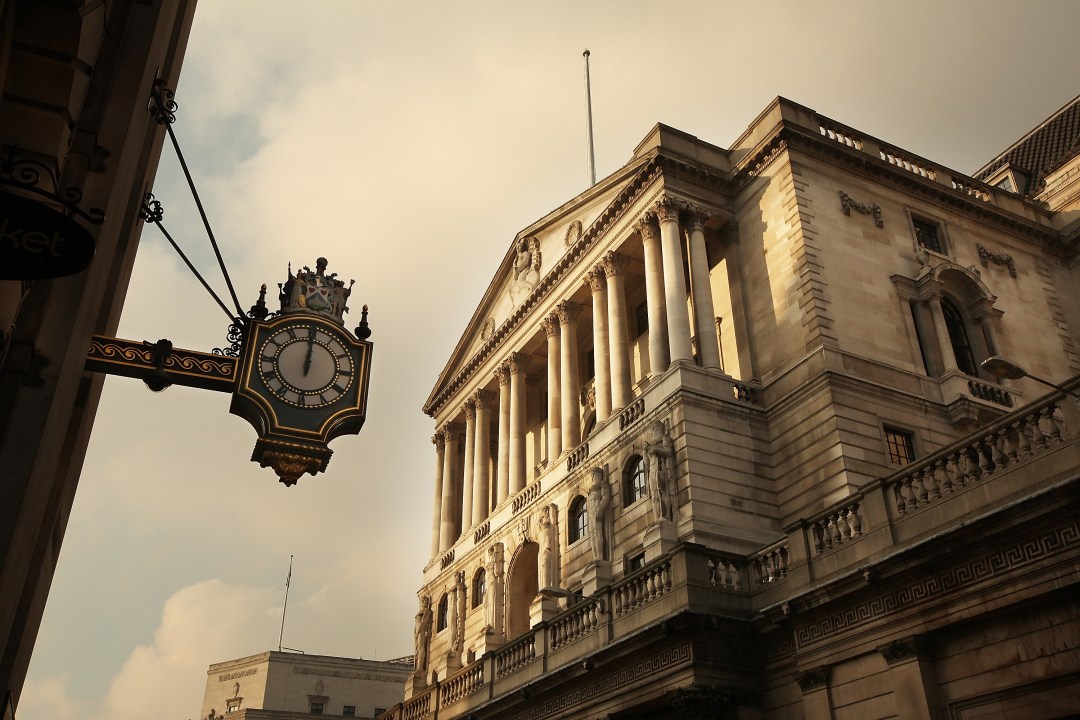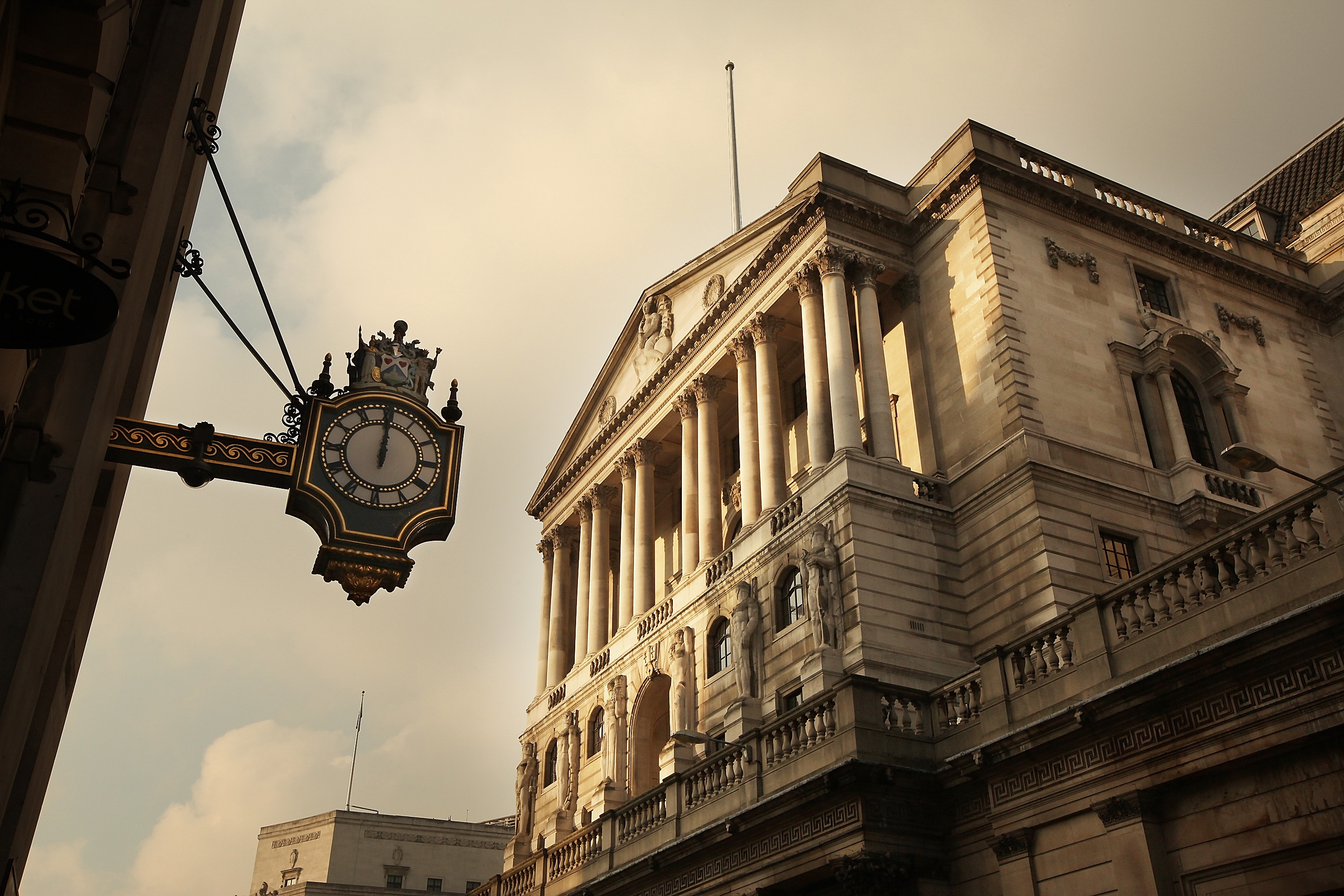I thought it obvious that Mark Carney’s trip to Scotland yesterday was a bad day for Alex Salmond and the Scottish nationalists. Sure, the governor of the Bank of England said, a currency union between Scotland the the rump UK could happen and be made to work but it would be fraught with difficulty and sacrifice too. Do you really want to do that? How lucky do you feel? Carney, being a Canadian and therefore a man crippled by politeness, did not add “punk”.
In response the SNP were reduced to pushing a meaningless poll which found 70% of Britons favouring a currency union after independence. That is, 70% of the 97% of people who have not thought much about this or who know nothing about it favour the status quo. Perhaps that sounds harsh or insulting; it isn’t meant to be.
Even so, there are many reasons why a currency union should be desirable and why it would be sensible for governments in London and Edinburgh to agree to one. From a business perspective it is the least worst option available.
Nevertheless, many desirable things are never achieved. The nationalists argue that Treasury opposition is based on political calculation not economic self-interest. George Osborne or Ed Balls will change their tune if presented with the reality of Scottish independence. Well, they might.
But what if they do not? This is what I mean by suggesting Salmond is writing a cheque he cannot honour. It is not up to him. It will be a matter for the Westminster parliament. And that parliament may decline to give Salmond everything he wants.
It is easy to see what Scotland gains from a currency union. It is harder, despite nationalist assurances to the contrary, to see what the UK would gain. Or, to put it another way, would those gains be sufficient to offset the increased risk the UK would take on board by agreeing a currency union with another sovereign country? Perhaps they would but I don’t think that’s a slam dunk case.
By way of illustrating this, let’s consider a hypothetical example that helps, I think, illustrate the point. Suppose, just for the sake of argument you understand, the Republic of Ireland decided it no longer wished to be part of the eurozone (suppose too there was a mechanism for leaving the euro) and, instead, wished to be part of a sterling zone. What would Westminster do?
The comparison, of course, is not exact since the Scottish and UK economies are more closely integrated than the British and Irish economies. Nevertheless, this is a thought experiment and Ireland is closer, culturally, economically and physically, to the UK than any other country so the idea, rough and ready as it may be, will suffice for these purposes. 40% of Irish imports come from the UK, after all.
So, what would Westminster do? Would the British government agree to take on the additional risks involved in being the lender of last resort to Irish banks? Would Westminster really want a banking union with the Republic? Once upon a time, perhaps. After the regrettable implosion of recent years? That seems less likely. We pay more attention to low-probability-but-cataclysmic-consequences risks than we used too.
Perhaps this makes the mistake of fighting the last war all over again. Nationalists twitter that, look, the Netherlands and Germany share a currency yet remain distinct and independent places. Their independence has been clipped but it’s not negligible. This is true.
Nevertheless, anyone who has paid any attention to Irish politics in recent years will be aware that seeing the Boys from the Bundesbank move in to Leinster House so they could supervise the Irish budget was considered both a humiliation and a reminder of how much (hard-won!) sovereignty Ireland sacrificed when it joined the euro.
Sure, this was the worst of times and all that. Sure, too, Ireland is slowly emerging from its calamity. Sure, too, however, that it will still be subject to supervision in the future. As will other countries within the eurozone. And, of course, the pressures for harmonising policy – on tax and so much else – will become stronger, not weaker, in the future. Room for deviation from an agreed, central, plan will be constrained. This is the future.
Which makes sense since if sovereignty is pooled risk must be pooled too. Irony klaxon: this is how the UK operates at present. An uncharitable evaluation of SNP policy might conclude the nationalists want to rip it all up and then sellotape everything together again.
But, again, even if Scotland were to adopt a separate currency it could not hope to escape the large shadow cast by England. In bed with an elephant and all that. The additional powers the SNP seeks are not, whatever Johann Lamont says, wee things but they are severely qualified things.
That’s why John Swinney and Alex Salmond ceaselessly insist that tax will not be levelled at rates greatly higher than those levied in England. They have no wish to encourage capital flight. A future Scottish government might take a different view, in which case good luck to them. But, for the time being, we should accept that in broad terms the SNP leadership accepts the value of tax competition (eg, corporation tax) and recognises the damaging impact of tax increases. If they change their mind they will surely tell us…
In other words, an independent Scotland and the rump UK will find themselves harmonising many fiscal issues whether there is a currency union or not. As, of course, is the case now.
This hardly means independence no longer exists as a sensible or coherent concept, merely that it is severely circumscribed by pressures that, if you like, are unofficial as well as official. It will still be different from, say, devo-max even if, in many respects indy-lite and devo-max are, say, 85% the same. That 15% does make a difference, not least since the side you fall on that divide is liable to owe something to where your thoughts on identity likely lie.
So, to recap, a currency union of the sort envisaged by Alex Salmond is possible. It might even be the best available idea. For Scotland at least. But what if England says no? That’s why there will have to be a Plan B even if it must also, for obvious political reasons, be kept a secret for the time being.
Again, I don’t claim that the SNP’s proposals can’t happen or are necessarily unworkable, merely that they make a number of assumptions that cannot and will not be tested until independence is actually upon us and it is too late to go back. That’s fine and I think we can live with it but, daftly, I do wish they could be more honest about the essential unknowability of all this.
Finally, at First Minister’s Questions today Mr Salmond suggested the Bank of England belonged to Scots too. I am not sure this is the case. It is an institution, not an “asset”. After independence it will remain the central bank of the United Kingdom. I am not sure that a party that has chosen to leave the United Kingdom can claim residual “ownership” of a share of the United Kingdom’s institutions.








Comments